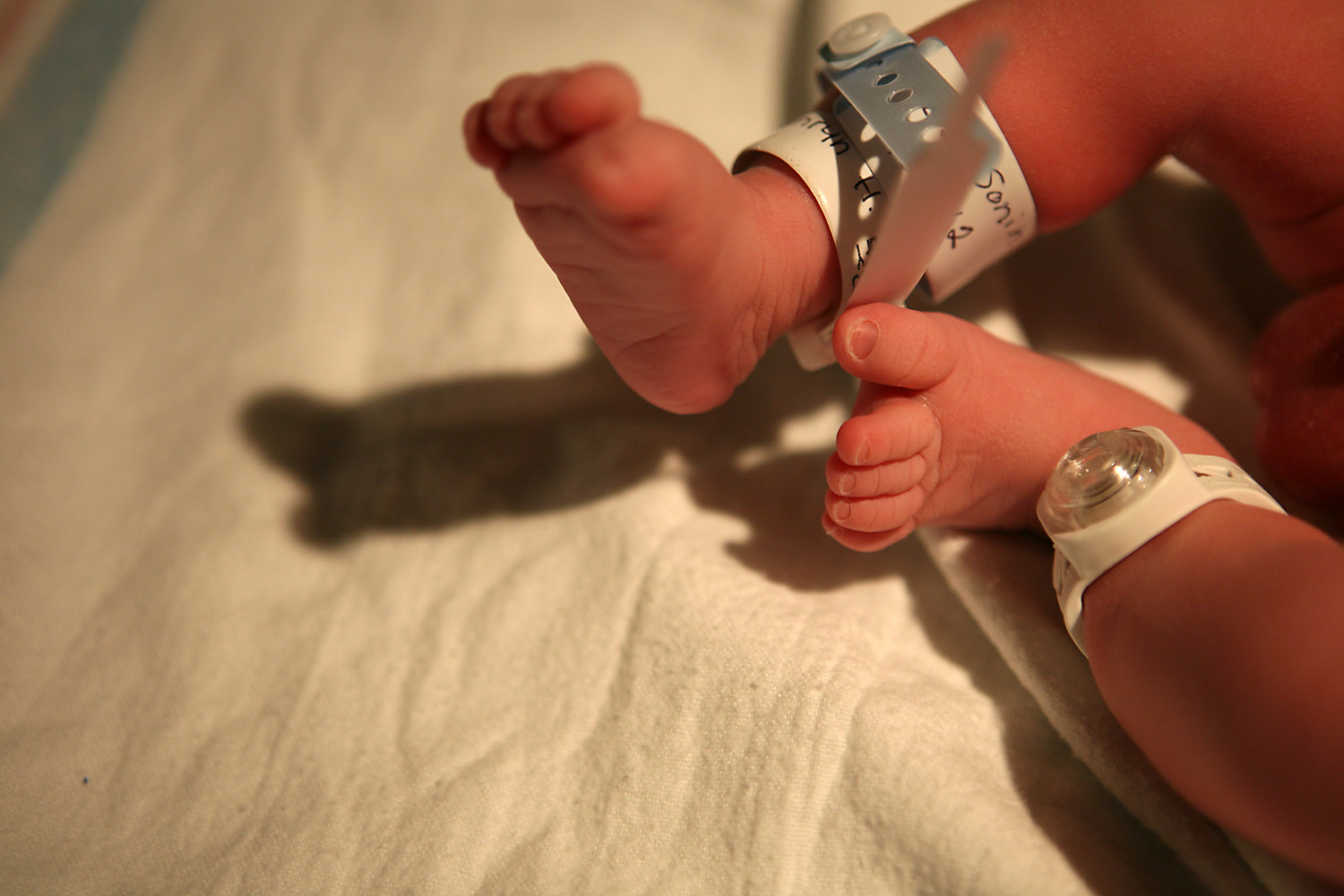News release
From:
"Low blood glucose levels in newborn babies are common and are an important preventable cause of developmental impairment, but there is limited evidence to guide clinical practice. In this placebo-controlled clinical trial, we assessed a new approach to treating babies with severe or recurrent episodes of low blood glucose after birth that used a medicine called diazoxide. To date, diazoxide has been reserved for babies that have persisting low blood glucose for several weeks or a confirmed inherited disorder of glucose control. We found that using low dose diazoxide from the first day after birth largely eliminated further low blood glucose levels, allowing babies to stop intravenous fluids and establish feeding more quickly. Diazoxide treatment also reduced the number of heel pricks that babies received for blood glucose monitoring. Early low dose diazoxide is a promising new treatment approach for newborn babies with low blood glucose levels."



 New Zealand
New Zealand



